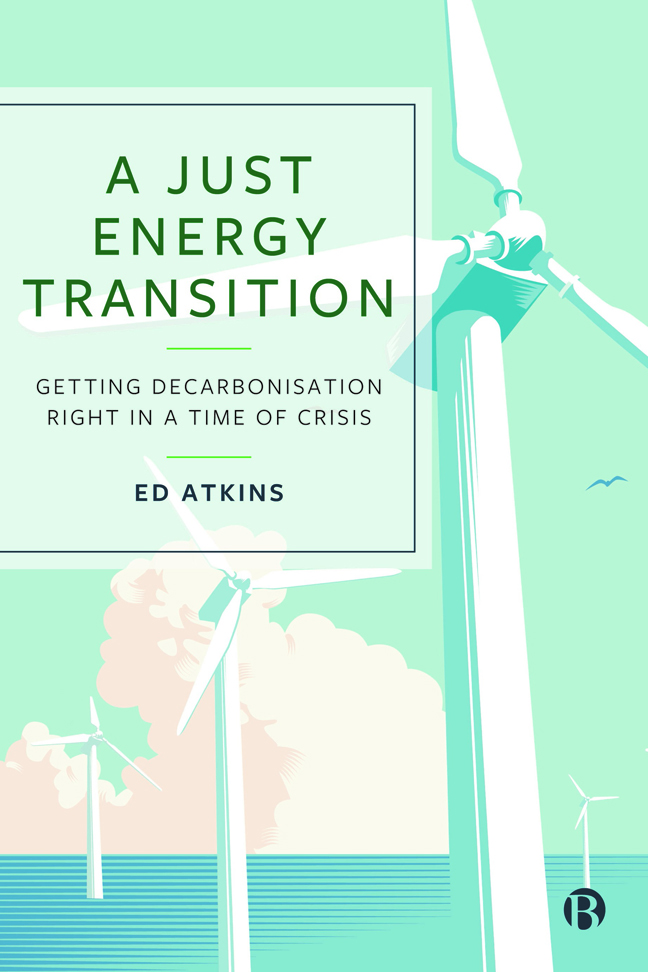8 - Global
Published online by Cambridge University Press: 23 January 2024
Summary
The small village of St Dennis can be found a short journey inland from St Austell on the south coast of Cornwall. Named Tredhinas in Cornish and once home to an iron age fort, the village lies at the centre of the county. It is equidistant from the River Tamar to the east and Land's End to the west, and equally between the English Channel to the south and the Atlantic Ocean further north. Perched up on a hill above the village is St Denys Church. From this viewpoint, you can witness a landscape marked by centuries of toil and excavation. The village is nestled in the ‘Cornish Alps’, a collection of peaks formed by waste from clay-mining in the region. The landscape is rugged, uneven, manufactured and mined. Some peaks are table-topped, others rough and pointed. In the distance are vast cuts to the earth that have created new white cliffs that overshadow the landscape. These marks stem from the region's extractive history. In the early 19th century, this area had the biggest known deposits of kaolin in the world. This material, formed of decomposed granite, is used to make white porcelain, paints, and dyes among many other things. Its mining came to be a key part of the regional economy, employing thousands of residents to remove the clay from the ground, process it, and transport it across the globe. With every tonne of ‘Cornish Clay’ mined, a vast amount of waste emerged. Thrown into heaps, it was piled up into the mountains that became the ‘Alps’. Clay mining also dug deep, leaving holes in the landscape, some of which now hold blue pools of toxic water.
While the extraction of kaolin from this landscape still occurs today in the nearby town of Par, the Cornish Alps now host new prospectors who seek a material central to any energy transition. Lithium is used to manufacture solar panels, and the batteries used by both electric vehicles and to store the energy created by renewable sources. Two companies, Cornish Lithium and British Lithium, are leading this charge into the ground. Newly drilled boreholes are exploring what is possible.
- Type
- Chapter
- Information
- A Just Energy TransitionGetting Decarbonisation Right in a Time of Crisis, pp. 133 - 149Publisher: Bristol University PressPrint publication year: 2023



